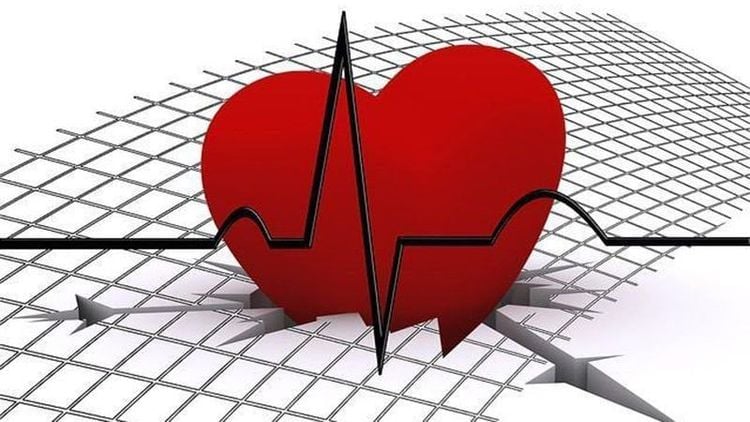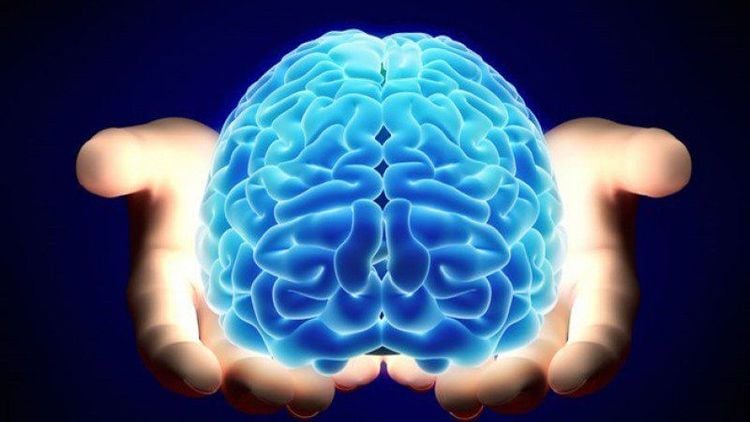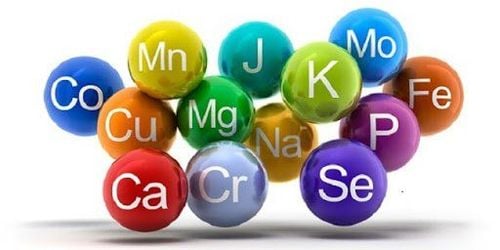This article is written under professional supervision of Second Degree specialist Nguyen Quoc Viet - Interventional cardiology doctor - Department of Examination and Internal Medicine - Vinmec International General Hospital, Da Nang.
Electrocardiogram and electroencephalogram are both tests that record waves to diagnose medical conditions. The main difference between them is that electrocardiogram is for cardiovascular diseases, and electrencephalogram is for neuro diseases.
1. The basic concept of electrocardiogram and electroencephalogram
Electrocardiogram, abbreviated as ECG, is a method to monitor the heart activity, including heart rates and heart rhythm. Each contraction of the heart can generate a change in electrical current, which is recorded in the ECG curves. By interpreting the electrocardiogram, we can analyze and examine its ability to pump blood, as well as heart rates and heart rhythm.
Electroencephalogram, abbreviated as EEG, records the brain’s biological electrical activity by electrodes placed on the head, or in some cases, on the cerebral cortex or within the cerebrospinal fluid. These electrical activities are presented as waves on the electroencephalogram.
Electrodes on the scalp can convert the brain’s electrical activity into waves. These waves are then amplified recorded by the EEG machine. A routine EEG lasts for an average of 45 minutes, ranging from 30 to 90 minutes.
2. What can be diagnosed by electrocardiogram and electroencephalogram?
2.1 Electrocardiogram
Electrocardiogram is a test for diagnosing conditions such as:
• Arrhythmia: Abnormality at rhythm controlling sites (SA node, AV node, heart muscles) will present as irregular heart rhythm on the electrocardiogram.
• Ventricular and atrial hypertrophy: this can disturb the depolarization and repolarization process that is reflect on the ECG, suggesting an enlarged heart chamber.
• Heart conduction disorder: damage or coherence disruption of conduction will result in abnormal electrical activity on the ECG.
• Myocardial infarction: when the lack of blood to heart muscle leads to damage or death of tissues, thus changing the heart electrical conduction. These changes can be recorded on the ECG. ECG is therefore an effective method for myocardial infarction diagnosis.
• Ischemic heart disease: the blood-deprived heart muscle will show abnormal waves on the ECG.
• Electrolyte disorder: the heart electrical activity results from the movements of ions (sodium, potassium, calcium…). When their concentration change, the ECG can also be altered.
• Heart muscle and pericardium damage.
• Monitoring artificial pacemaker
• Drug intoxication: digoxin alters the ST segments in all leads, and tricyclic antidepressant elongate the QT segment.

Additionally, electrocardiogram can also be indicated in other unspecific cases: elderly people with high risk of cardiovascular disease, hypertension patients, lipid metabolism disorder (dyslipidemia) patients, smokers, people with diabetes mellitus, angina, palpitations, shortness of breath, history of fainting or medical emergency of any cause….are often indicated for electrocardiogram.
2.2 Electroencephalogram
What can be diagnosed with electroencephalogram?
• EEG is a valuable method to find abnormal brain waves to diagnose brain diseases. In the EEG process, the electric waves would be presented on a paper for doctors to examine and identify abnormal waves associated with brain-related diseases or problems.
Through these waves, the EEG can diagnose epilepsy, headache, sleep problems, seizures by various causes, traumatic brain injury, brain tumors, and other central nervous system diseases.

Electroencephalogram is specifically indicated for cases:
• Examining, diagnosing, and monitoring epilepsy and other seizure disorders.
• Assist in diagnosing brain death.
It can also be used to diagnose other illnesses:
• Sleep disorder
• Dementia
• Brain tumors
• Brain infection
• Head injury
• Stroke
• Brain dysfunction
To arrange an appointment, please call HOTLINE or make your reservation directly HERE. You may also download the MyVinmec app to schedule appointments faster and manage your reservations more conveniently.
To arrange an appointment, please call HOTLINE or make your reservation directly HERE. You may also download the MyVinmec app to schedule appointments faster and manage your reservations more conveniently.









